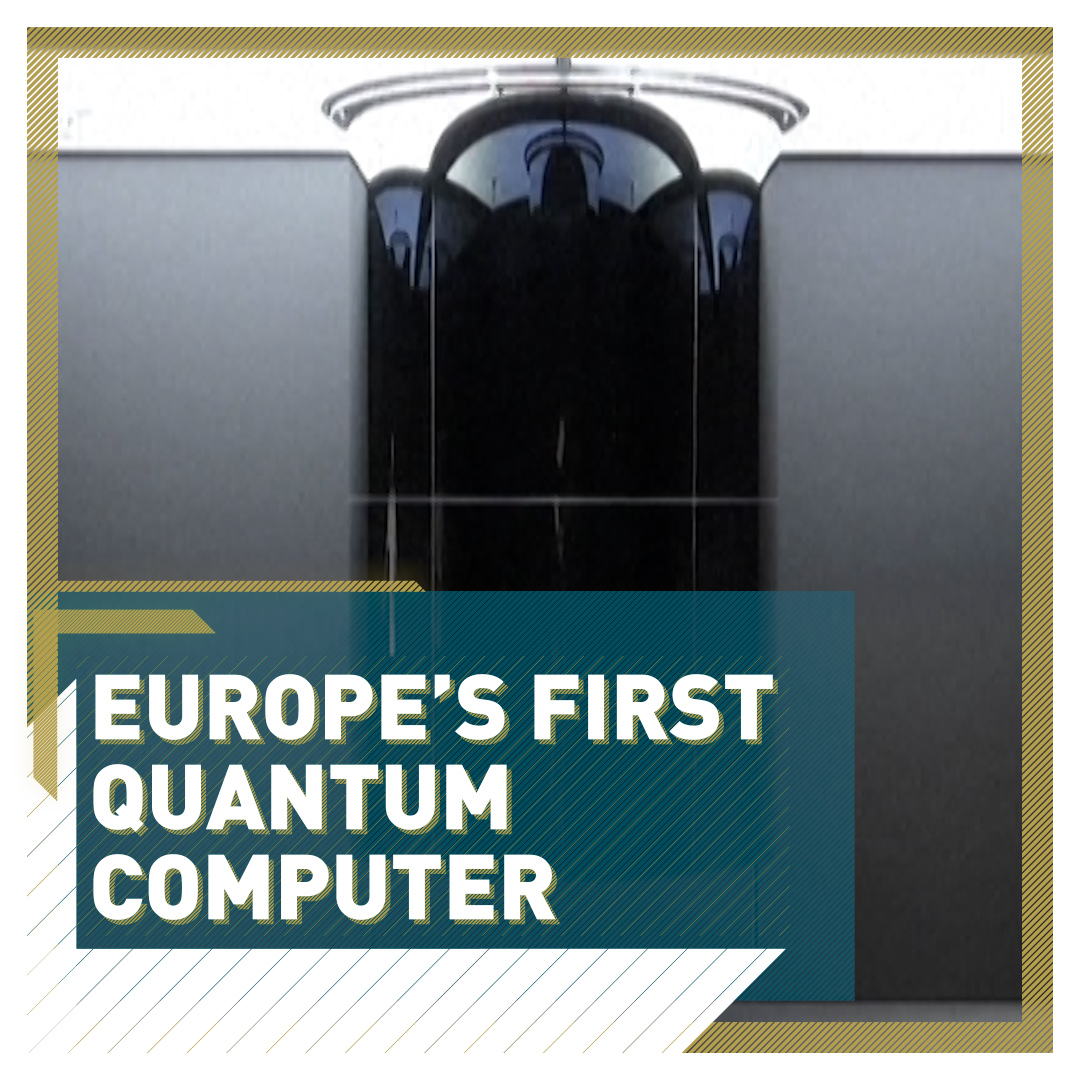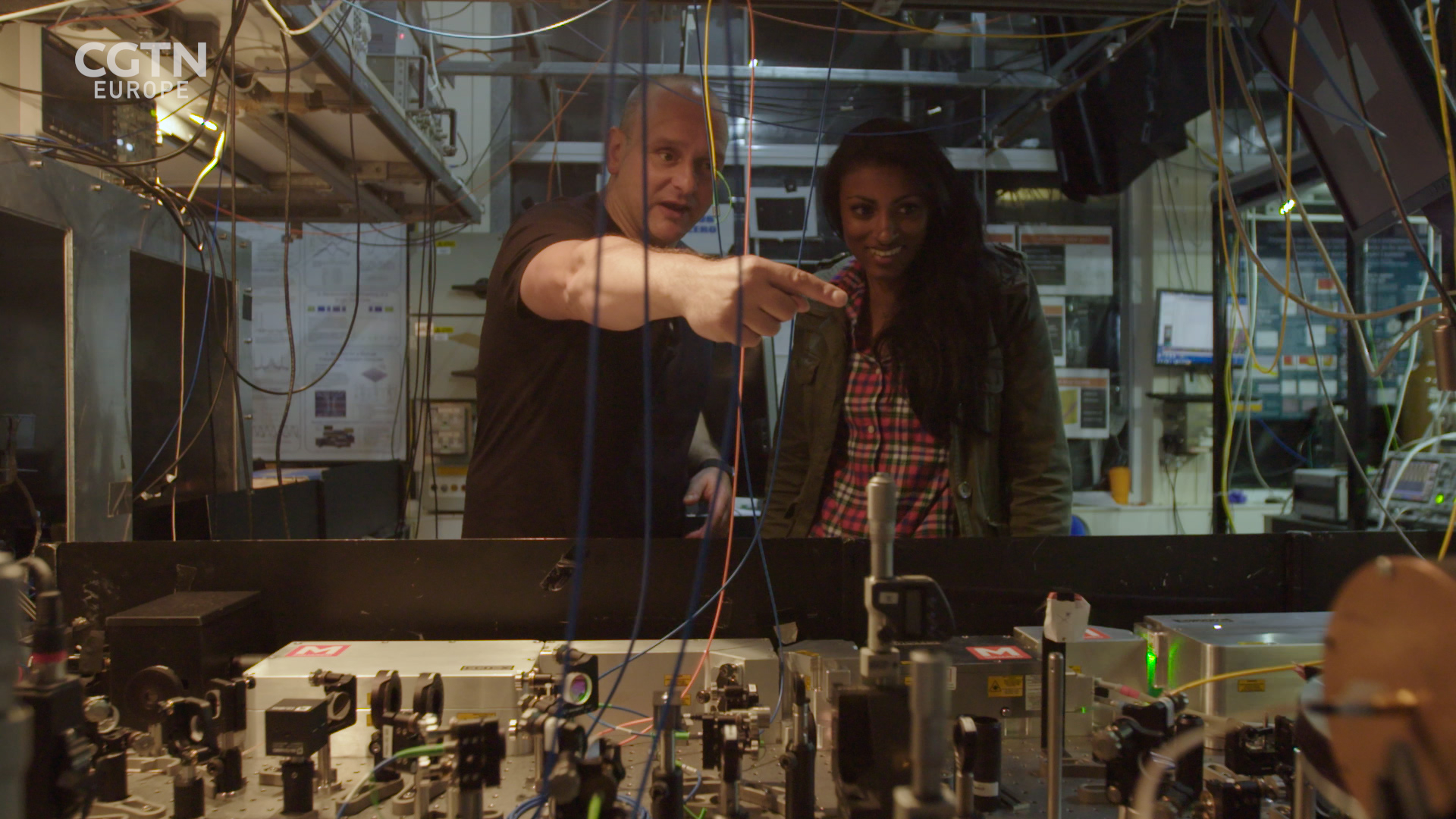00:45

Quantum computers can process complex information at a mind-boggling speed and should eventually vastly outperform even the most powerful of today's conventional computers.
Now, Germany has become the first European country to have a quantum computer after installing the IBM-built Quantum System One at the Franhofer Institute in Stuttgart.
Sustainable transport, pharmaceutical products and faster development of new materials are just some of the areas in which the Franhofer Institute says quantum computing can be deployed.
Chancellor Angela Merkel, who has a doctorate degree in quantum chemistry, described it as "technological wonder" that has come at a crucial time for Germany as it aims to keep pace with China and the U.S. in this field.
READ MORE:
Quantum computing explained: RAZOR
Putin-Biden summit: Key talking points
Vienna's waste disposal solution
Whereas a normal computer solves a complex maze by going down one path a time, a quantum computer can go down several pathways simultaneously. Not only can they perform complex calculations rapidly, but they store more data using less energy than traditional computers.
Regular computers function in binary fashion by processing data which is only ever shown as either "1" or "0." But fragments of data on a quantum computer, known as qubits, can be both 1 and 0 at the same time. That allows them to crunch an enormous number of potential outcomes simultaneously.

The IBM Quantum System One in Ehningen is the most powerful system in Europe. Industrial companies and research organizations can now develop and test applied quantum software and expand their expertise under German law. /Fraunhofer Institute
The IBM Quantum System One in Ehningen is the most powerful system in Europe. Industrial companies and research organizations can now develop and test applied quantum software and expand their expertise under German law. /Fraunhofer Institute
The futuristic-looking 27-qubit computer, a quantum-mechanical system, installed in Germany has already been running since February, but the launch event was postponed because of the COVID-19 pandemic.
Bearing no resemblance to a regular computer, the machine is housed in a 2.7 meter glass cube to shield the fragile qubits from noise and disturbances.
The computer's components are encased in a shiny cylinder suspended from the cube's ceiling. The Fraunhofer institute has said it will team up with a network of German companies and other research organisations and use the computer to deepen their quantum know-how and experiment with practical uses, supported by experts from IBM.
"There is a huge interest, both in industry and the world of research, in bringing quantum computing into use as a future key technology for securing competitiveness and technological sovereignty," said Reimund Neugebauer, President of the Fraunhofer institute.
The project, funded by German taxpayers, will cost around $48 million over the next four years. The German government plans to invest $2.42 billion in quantum technology research and projects by 2025.
Video editor: Natalia Luz
12:40

Source(s): AFP

